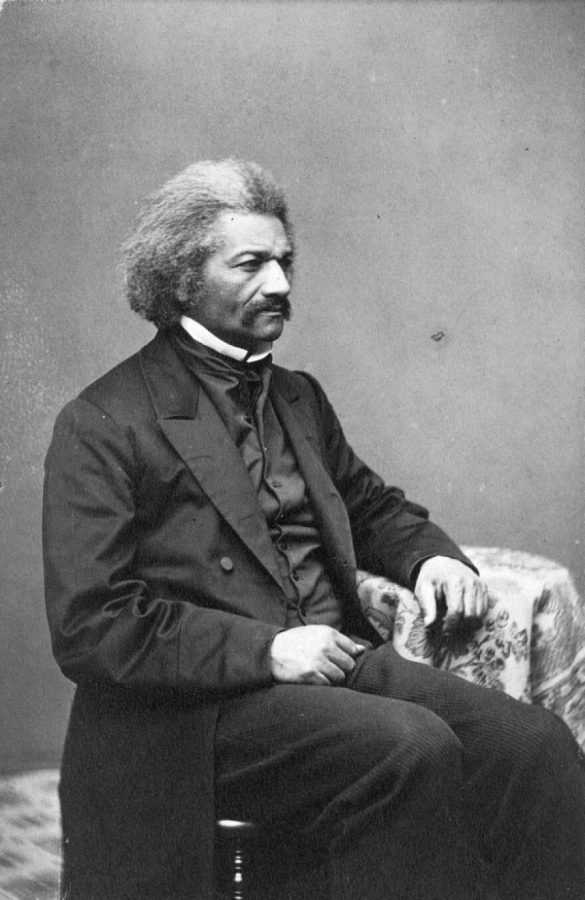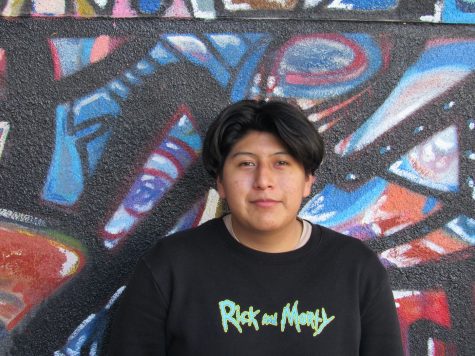Frederick Douglass
In honor of Black History Month, every school day The Cardinal will feature a prominent and historical Black American, living or dead, who has worked toward change, advancement, and/or world peace. Some of them are heroes, and some are unsung heroes, who deserve recognition, and have made a contribution to society.
February 14, 2022
Frederick Douglass was born on a Maryland plantation 200 years ago on February but due to slavery no one knew their exact birthday, so Douglass chose his own and picked February 14, because his mother would call him “my valentine”.
Every February, Frederick Douglass is remembered as the first African-American to attain historic stature. As a slave, he was whipped once a week with sticks as a punishment but he fought his tormentor and fled north to seek freedom. The escaped slave became a activist, author, and public speaker. He was a leader in the abolitionist movement and during the civil war and continued to push for equality and human rights. He argued that freedom would be empty if slaves were not guaranteed the rights and protections of American citizens. Accordingly, he was described by abolitionists in his time as a living counterexample to slaveholders’ arguments that slaves lacked the intellectual capacity to function as independent American citizens.
In 1872, Douglass became the first African American nominated for Vice President of the United States, as Victoria Woodhull’s running mate on the Equal Rights Party ticket. He was nominated without his knowledge. Douglass neither campaigned for the ticket nor acknowledged that he had been nominated.
In 1877, Douglass visited his former slavemaster Thomas Auld on his deathbed, and the two men reconciled. Douglass had met Auld’s daughter, Amanda Auld Sears, some years prior. She had requested the meeting and had subsequently attended and cheered one of Douglass’s speeches. Her father complimented her for reaching out to Douglass. The visit also appears to have brought closure to Douglass, although some criticized his effort.
On February 20, 1895, Douglass attended a meeting of the National Council of Women in Washington, D.C. During that meeting, he was brought to the platform and received a standing ovation. Shortly after he returned home, Douglass died of a massive heart attack. Douglass was 77. He stills remained as a central figure in the fight for equality and justice.


